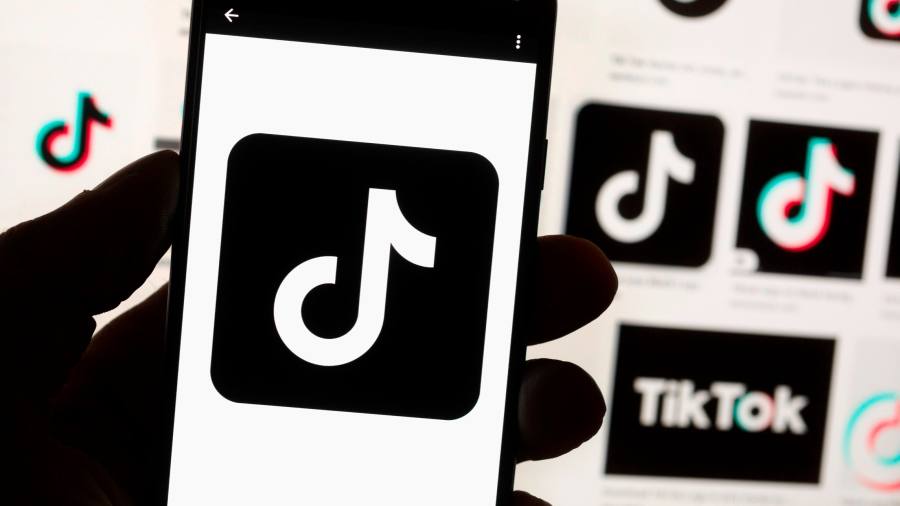
The US Senate has passed a bill that bars federal employees from using TikTok, the short video-sharing app, on government-issued devices in the latest move by Washington to target Chinese technology companies.
The Senate voted unanimously to approve the measure, which must pass in the House to become law. Lawmakers are concerned that TikTok, which is owned by the Chinese company ByteDance, threatens US security because of the potential for Beijing to obtain Americans’ personal data.
The Biden administration is concerned that Chinese tech companies could help Beijing develop weapons or conduct espionage.
The US commerce department is preparing to place several Chinese entities, including the memory chip manufacturer Yangtze Memory Technologies Corp, on a trade black list. In October, the US introduced harsh export controls to prevent China from obtaining advanced chips.
In a separate move this week, Marco Rubio, the top Republican on the Senate intelligence committee, and Mike Gallagher, a Wisconsin Republican lawmaker who will in January head a new House special committee on China, introduced legislation to ban TikTok in the US.
“The federal government has yet to take a single meaningful action to protect American users from the threat of TikTok,” Rubio said. “This is about an app that is collecting data on tens of millions of American children and adults every day. We know it’s used to manipulate feeds and influence elections. We know it answers to the People’s Republic of China.”
Rubio also criticised the administration for continuing to conduct a security review of TikTok under the inter-agency Committee on Foreign Investment in the US (Cfius).
Biden administration officials are trying to determine if there is a way to create a corporate structure that would allow TikTok to operate in the US, but with protections that would prevent the Chinese government from gaining access to American users’ personal data.
Emily Kilcrease, a technology and Cfius expert at the CNAS think-tank, said the Senate move was not surprising, given the rising level of congressional concern about how Beijing could exploit the app.
“In some ways, the real surprise is that it’s taken this long and may mostly be another sign of frustration in Congress that the Cfius process has dragged on for so long,” Kilcrease said.
She added that the US did not have a “clean legal authority” to block foreign-owned social media apps because of restrictions on the president regulating personal communications.
“TikTok is the first instance where this gap in authorities matters and the government is playing catch-up,” she said.
This month, FBI director Chris Wray said TikTok could be used to facilitate espionage and that Beijing had the ability to control TikTok’s algorithm in ways that would facilitate “influence operations” in the US.
“All of these things are in the hands of a government that doesn’t share our values and that has a mission that’s very much at odds with what’s in the best interest of the United States,” Wray said. “That should concern us.”
Several US states, including Maryland, Texas and Iowa, have also taken action to bar employees from installing TikTok on government devices.
Follow Demetri Sevastopulo on Twitter